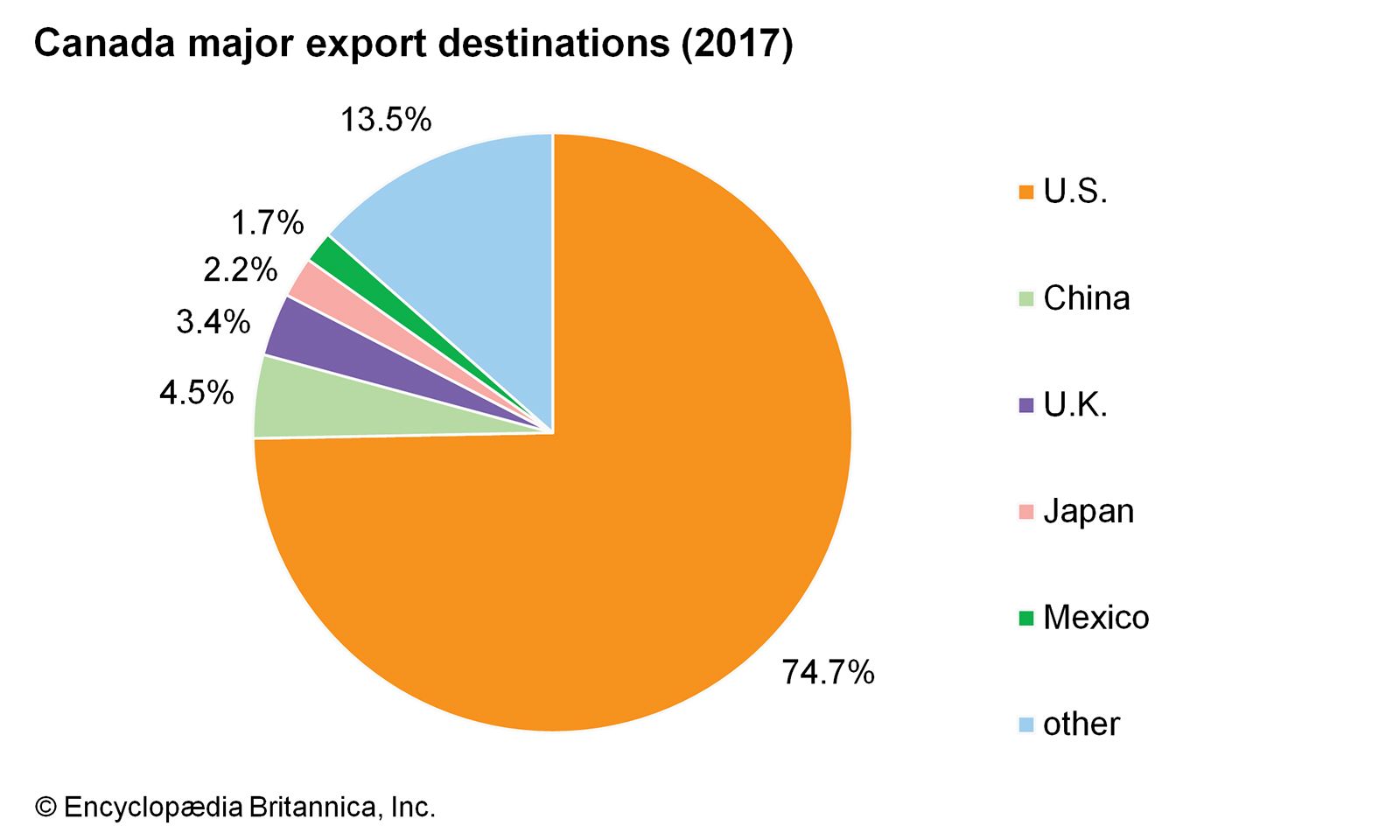Europe Rejects AI Rulebook Amidst Trump Administration Pressure

Table of Contents
The core issue centers on the EU's refusal to adopt a regulatory framework perceived as prioritizing deregulation over data protection and ethical considerations. This rejection signals a significant divergence in approaches to AI governance between the US and the EU, with far-reaching consequences for the development and deployment of AI technologies globally.
The Proposed AI Rulebook: A US-Influenced Approach
The proposed AI rulebook, heavily influenced by the Trump administration's deregulatory stance, prioritized minimal government intervention in the AI sector. The EU found several aspects objectionable:
- Deregulation and Minimal Intervention: The rulebook advocated for a largely hands-off approach, focusing on voluntary guidelines rather than mandatory regulations.
- Lack of Stringent Data Protection Measures: It lacked robust mechanisms to protect sensitive personal data used in AI systems, a significant concern for the EU given its commitment to GDPR.
- Limited Emphasis on Ethical Considerations: The rulebook paid scant attention to the ethical implications of AI development, such as algorithmic bias and accountability for AI-driven decisions.
- Potential for Undermining GDPR: The proposed framework risked undermining the EU's General Data Protection Regulation (GDPR), a cornerstone of European data privacy law.
- Specific Examples: The rulebook, for instance, lacked clear provisions for algorithmic transparency and redress mechanisms for individuals harmed by AI systems.
The EU's Counter-Proposal: A Focus on Data Privacy and Ethical AI
In stark contrast to the US proposal, the EU advocates for a regulatory framework that prioritizes data privacy and ethical AI development. Their approach emphasizes:
- Robust Data Protection: Building upon GDPR, the EU seeks to extend and strengthen data protection rules specifically designed for AI systems.
- Prioritization of Ethical Considerations: Ethical AI development is a central focus, encompassing issues like fairness, transparency, accountability, and human oversight.
- Transparency and Accountability: The EU favors AI systems that are transparent and accountable, allowing individuals to understand how decisions are made and challenge unfair outcomes.
- Specific Examples: The EU's AI Act, for example, proposes a risk-based approach, classifying AI systems according to their potential harm and implementing stricter regulations for high-risk applications. This includes provisions for human oversight and explainability.
- Liability and Enforcement: The EU's approach includes stronger mechanisms for enforcing regulations and holding developers liable for AI-related harm.
Geopolitical Implications of the Dispute: A Transatlantic Divide
The disagreement over AI regulation has significant geopolitical ramifications:
- Impact on Transatlantic Cooperation: The diverging regulatory landscapes could hinder transatlantic cooperation on technology and trade, potentially leading to trade disputes.
- Fragmentation of AI Standards: The lack of harmonized standards could lead to fragmentation of the AI market, with different regulations hindering the seamless flow of AI technologies across borders.
- Influence on Global AI Development: The EU's and US's approaches will influence how other countries approach AI regulation, potentially shaping the global AI landscape.
- Differing Political Ideologies: The dispute reflects broader differences in political ideologies, with the EU emphasizing social welfare and individual rights, while the US prioritizes economic growth and technological innovation.
- International Research Collaborations: The regulatory divergence could impact international research collaborations, potentially hindering the advancement of AI technologies.
Public Opinion and the Future of AI Regulation in Europe
Public opinion plays a crucial role in shaping AI regulation in Europe:
- Public Concerns: European citizens express significant concerns about data privacy and AI ethics, fueling demand for strong regulations.
- Influence on EU Stance: These public concerns have strongly influenced the EU's commitment to a data protection-centric approach to AI regulation.
- Future Revisions: The EU's AI regulatory framework is likely to undergo revisions based on ongoing public discourse and technological advancements.
- Polls and Surveys: Numerous polls and surveys demonstrate strong public support for ethical and responsible AI development in Europe.
- Lobbying Efforts: Various stakeholders, including civil society organizations, tech companies, and policymakers, are actively lobbying to shape the final form of AI regulations in Europe.
Navigating the Future of AI Regulation in Europe
The key disagreement between the EU and the US lies in their approaches to balancing technological innovation with data privacy and ethical considerations. The EU remains steadfast in its commitment to a data-privacy-centric and ethically-driven approach to AI regulation, contrasting sharply with the more deregulatory stance favored by the previous US administration. This rejection of a US-influenced rulebook has profound consequences for the development and deployment of AI in Europe and globally, potentially shaping the future of AI governance worldwide. To stay informed about these crucial developments, continue following the ongoing debate surrounding Europe's rejection of AI rulebooks amidst pressure from other global actors. Seek out further resources from reputable organizations focusing on AI ethics and data privacy regulations.

Featured Posts
-
 Rare Indonesian Rice Potential Exports And Their Impact On Global Relations
Apr 26, 2025
Rare Indonesian Rice Potential Exports And Their Impact On Global Relations
Apr 26, 2025 -
 Tracing Lady Olive The Search For A Missing Ship And A German Submarine
Apr 26, 2025
Tracing Lady Olive The Search For A Missing Ship And A German Submarine
Apr 26, 2025 -
 Saab Reports Improved Defense Order Delivery Times
Apr 26, 2025
Saab Reports Improved Defense Order Delivery Times
Apr 26, 2025 -
 Deion Sanders Discusses Shedeurs Athletic Abilities And Speed
Apr 26, 2025
Deion Sanders Discusses Shedeurs Athletic Abilities And Speed
Apr 26, 2025 -
 The Los Angeles Wildfires And The Ethics Of Disaster Betting
Apr 26, 2025
The Los Angeles Wildfires And The Ethics Of Disaster Betting
Apr 26, 2025
